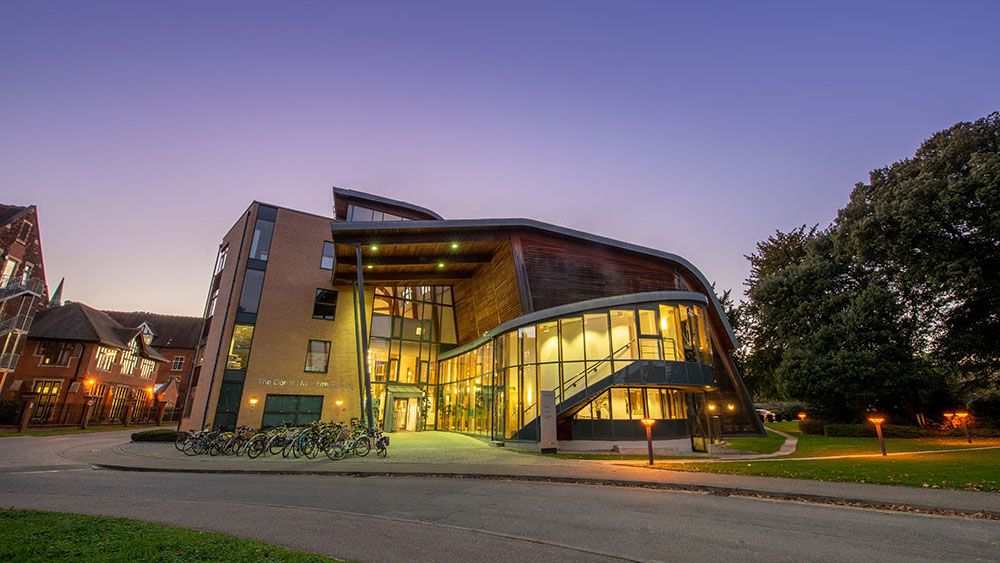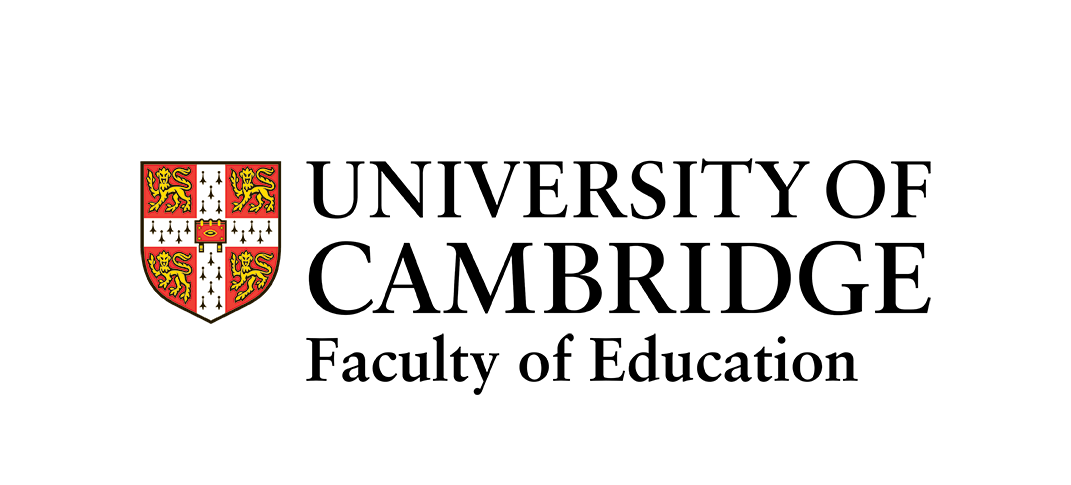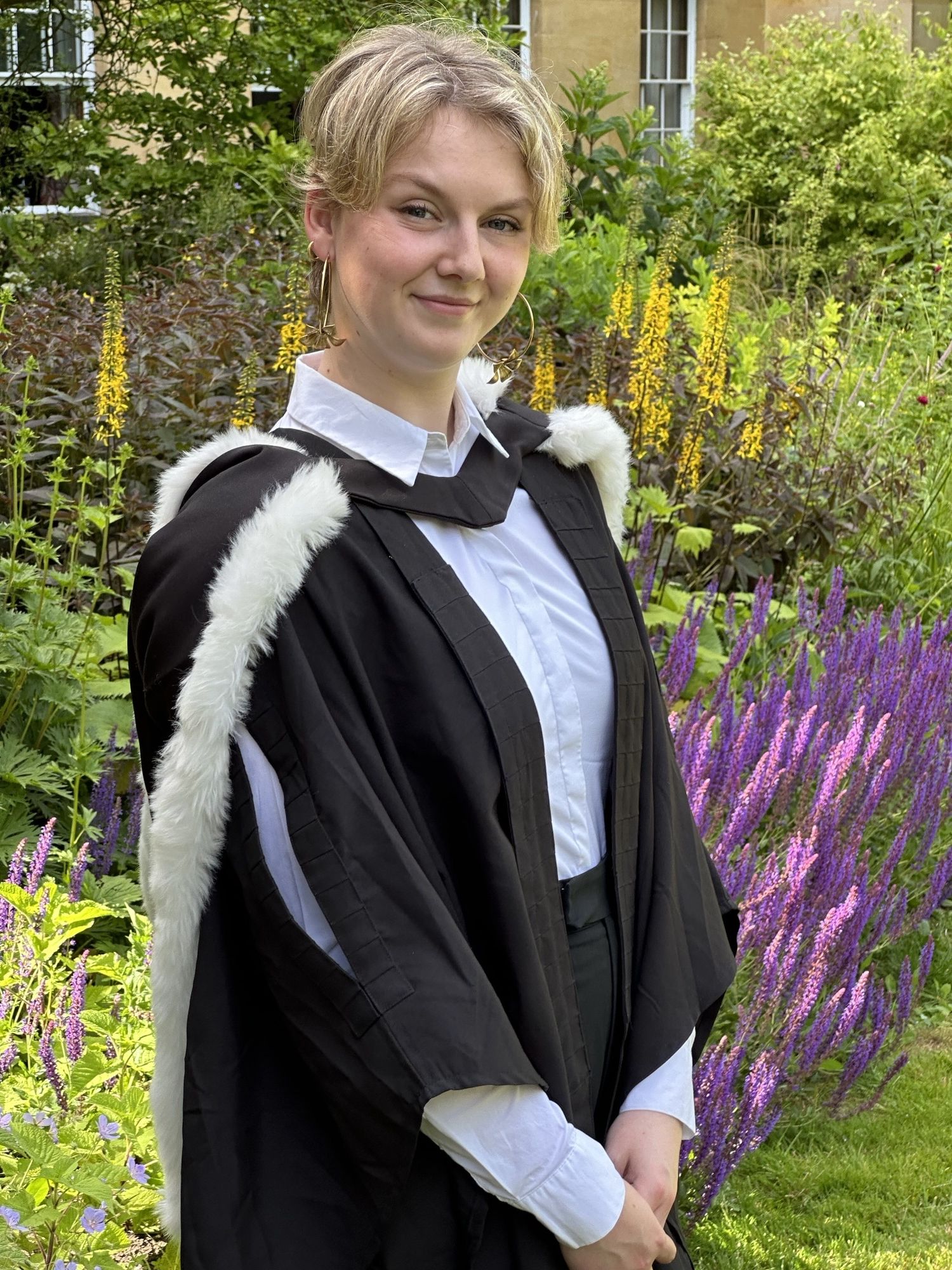What do Education graduates do next?

I studied the Education, Psychology and Learning Tripos as an undergraduate.
It was quite a unique combination that provided a lot of opportunities I couldn't get anywhere else. It had this amazing interdisciplinary focus, that gave me everything I wanted in one degree.
I think the most important thing I learned from studying at Cambridge is self-discipline.
It’s all about what you want to get out of it. You have these amazing people who want to help you, and all of these amazing resources. But you have to put the work into it yourself.
The other lesson was in allowing yourself to be passionate. In every class, we were encouraged to be both passionate and critical about what we were discussing, and that was an amazing environment to be in. You were allowed to explore and interrogate everything.
People at the Faculty gather because they want to learn and because they want to discuss things even more.
Something I really loved about studying at the Faculty of Education is that there are a lot of opportunities to learn outside of the classroom.
There are a lot of seminar groups you can become a part of. People gather because they want to learn and because they want to discuss things even more. A really significant part of my education was just seeking out those groups.
My interests evolved while at Cambridge. When I started, I was interested in classroom environments and learning processes in the classroom, but I became really interested in children's social cognitive development and its various influences. And I was allowed to explore everything in between while I was on that journey.
My dissertation focused on how social status hierarchies affect children's cognitive development. Specifically, I focused on how narratives of structural inequality affect children's perception of systemic inequality, and their willingness to intervene against it. I conducted an experiment on this with 10 middle-grade classrooms, working together with the Cambridge University Development and Learning Lab.
I currently work at Copenhagen Institute for Futures Studies, while also studying my Masters in Psychology at the University of Copenhagen.
Most of what I studied, I did purely because I was really interested, without the expectation that any job was looking for the skillset that came with it. I wouldn’t have thought that papers such as ‘Play, Creativity and Imagination’, or ‘Changing Landscapes of Childhood and Youth’ would help me. But they really did. A lot of the knowledge and the skills that I gained, I currently use in my work.


